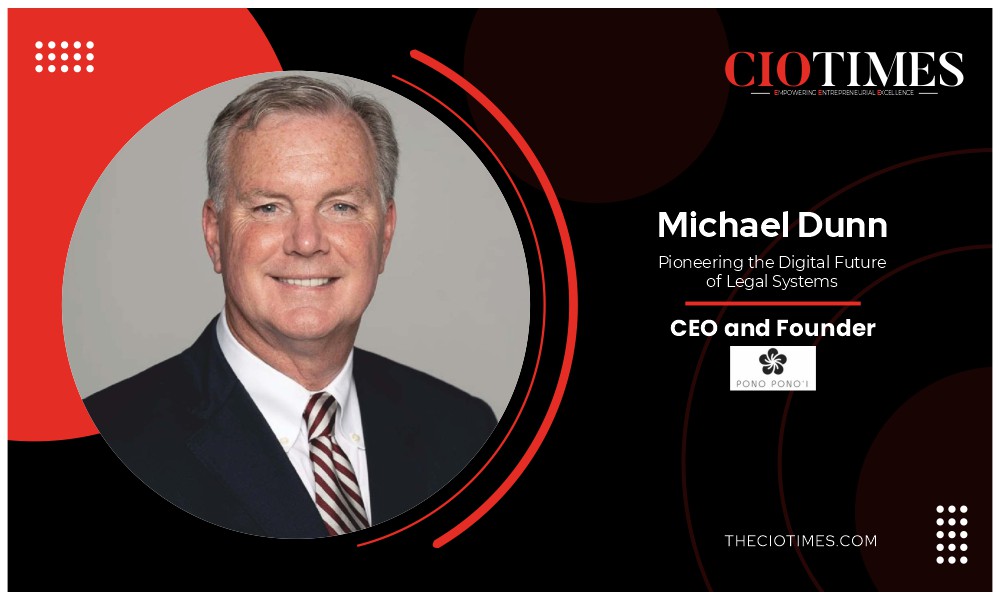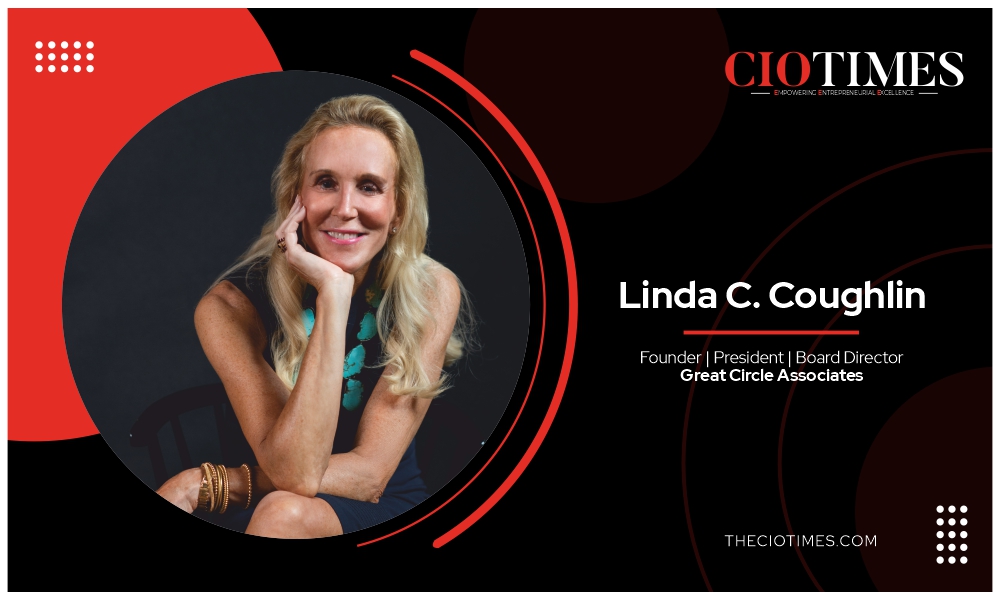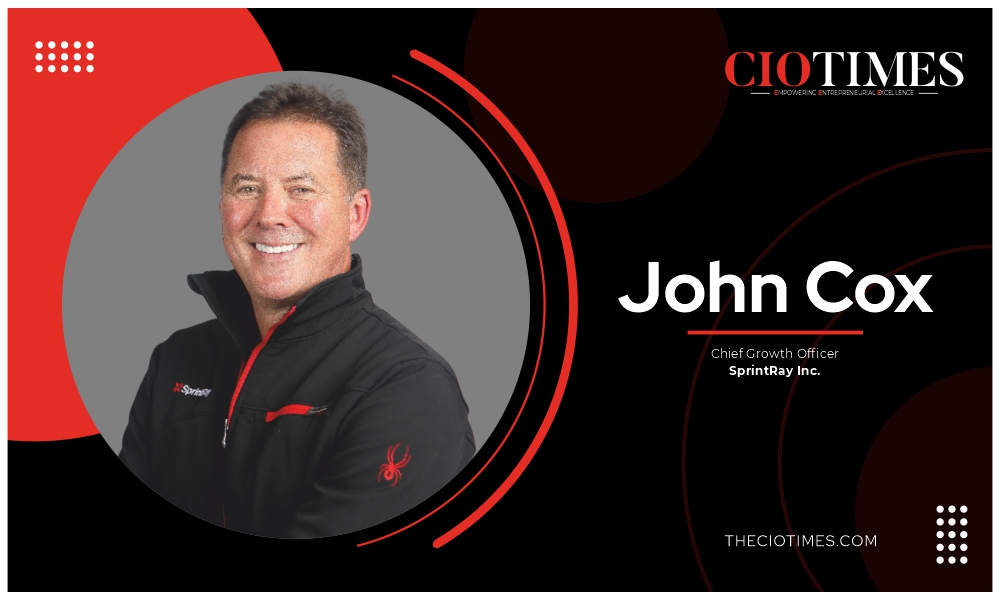“At any given moment, do the right thing.” — Professor Hamilton Beazley.
This guiding principle is not just a personal motto for Michael Dunn; it defines his entire approach to leadership and innovation. As the Founder and CEO of Pono Pono’i Consulting LLC, Michael has spent over four decades applying this simple but profound philosophy across a range of roles in the legal and judicial sectors. His ability to “do the right thing” has not only led him to embrace cutting-edge technologies but also to drive ethical, meaningful change in some of the world’s most critical institutions. His leadership is characterized by a persistent commitment to improving access to justice, modernizing judicial systems, and building a fairer, more efficient legal ecosystem through innovation.
Michael’s career is not a tale of mere professional success; it is a narrative of purposeful leadership, one that prioritizes doing what is right for the betterment of society. With his unique combination of legal expertise, business acumen, and technological foresight, Michael has become a transformative figure in the legal world. His journey is one of constant evolution, adaptation, and vision, leading him from the local courtrooms of Cincinnati to global leadership roles at LexisNexis, BearingPoint, Microsoft, and eventually, his own firm.
The Foundations of a Visionary Leader
Michael’s early career in Cincinnati, Ohio, offers valuable insights into the origins of his dedication to the judicial system. Growing up in a city known for its legal history, Michael began his professional journey working as a courthouse runner and paralegal during high school and college. This was more than a job for Michael—it was an introduction to the inner workings of the justice system, an eye-opening experience that exposed him to the real-world challenges and inefficiencies that courts face every day.
From these early years, Michael recognized that the administration of justice is a complex and evolving landscape. As he learned the ropes of court operations, he began to understand that every inefficiency—whether in process, communication, or decision-making—represented not only a loss of time but also a loss of fairness and access to justice. These formative experiences planted the seeds of his desire to bring about systemic improvements in the judicial system.
Equipped with this sense of purpose, Michael pursued higher education, earning a Bachelor’s degree in Economics from the University of Cincinnati. His academic background in economics provided him with a unique perspective on the judicial system—one that combined legal knowledge with an understanding of the broader economic forces at play. Courts, after all, do not operate in isolation; they are embedded in a larger socio-economic framework, and inefficiencies in the legal system can have ripple effects across entire communities.
Not content to stop there, Michael continued to expand his skillset by earning an MBA from The George Washington University. This advanced education gave him the business acumen and strategic management skills necessary to navigate the complexities of large organizations, manage teams, and execute large-scale projects. His MBA also equipped him with the tools to think critically about leadership—skills he would go on to apply in his roles at major organizations like LexisNexis, BearingPoint, and Microsoft. To further enhance his expertise, Michael undertook additional studies at the University of Pennsylvania and Harvard University, where he focused on competitive marketing strategy and international law, respectively. These experiences broadened his worldview and provided him with the strategic foresight to tackle challenges on a global scale.
Innovating at LexisNexis: Laying the Groundwork
Michael’s career truly began to take shape when he joined LexisNexis, a leading provider of legal research and information services. His role at LexisNexis was a natural extension of his early exposure to the judicial system, but it also marked the beginning of his journey into legal innovation. At LexisNexis, Michael was responsible for managing territories across the Midwest, including Illinois, Wisconsin, Missouri, Michigan, and Indiana. This role required him to engage directly with courts and government agencies, understanding their needs and challenges while providing tailored solutions that improved their operations.
It wasn’t long before Michael began making his mark by driving innovation within LexisNexis. His ability to identify inefficiencies within the legal system led him to develop groundbreaking applications such as Sidebar and the Legislative History Tool. These tools were specifically designed to address the needs of judges, judicial law clerks, and legal professionals who were bogged down by outdated processes. By streamlining legal research, citation checking, and case management, these innovations significantly improved the speed and accuracy of judicial decision-making.
The success of these tools earned Michael recognition from the U.S. Supreme Court Historical Society—a testament to the impact he had made on the legal community. But more importantly, these innovations laid the groundwork for what would become a lifelong commitment to modernizing judicial processes. Michael understood that technology was not just an optional enhancement for courts; it was an essential component of a fair and efficient justice system.
Revolutionizing Statewide Systems at BearingPoint Consulting
Michael’s next step was to join BearingPoint Consulting, where he had the opportunity to apply his expertise on a larger, more strategic scale. At BearingPoint, Michael shifted his focus from individual courts to entire state-wide systems, taking on projects that would redefine how legal processes were handled across multiple jurisdictions. One of his most significant achievements during this time was his leadership in developing statewide e-filing systems—an initiative that would transform how courts processed legal documents and managed cases.
The Texas Online initiative, one of Michael’s flagship projects at BearingPoint, was a game-changer. By integrating e-filing service providers into a unified platform, this project drastically reduced the inefficiencies that had previously plagued the legal system. Courts were able to process cases more quickly, legal professionals had better access to information, and the public benefited from improved access to justice. This initiative demonstrated Michael’s ability to think strategically about the future of legal systems and to implement solutions that addressed both current needs and future challenges.
The success of the Texas Online initiative was not just about technology—it was about creating a system that was scalable, adaptable, and sustainable. Michael recognized that the key to long-term success in judicial modernization lay in building solutions that could evolve alongside the needs of the legal community. His work at BearingPoint solidified his reputation as a forward-thinking leader with a deep understanding of the intersection between law, technology, and policy.
Innovating the Future at Microsoft: Bringing Courts into the Cloud
Michael’s career took another significant leap forward when he joined Microsoft, where he assumed a leadership role in the company’s Justice and Public Safety division. At Microsoft, Michael had the opportunity to combine his legal expertise with cutting-edge technology to drive transformative change in the judicial system. His work at Microsoft was characterized by a bold vision for the future of courts—a future where cloud-based solutions, machine learning, and AI would become integral components of the justice system.
One of Michael’s most notable achievements at Microsoft was his leadership in implementing the first cloud-based offender management system for a state. This was a pivotal moment in the evolution of judicial systems, as it demonstrated the potential of cloud computing to improve the efficiency, security, and accessibility of legal processes. Under Michael’s guidance, Microsoft showed that cloud technology wasn’t just for large, well-funded courts—it was a scalable, affordable solution that could be adopted by courts of all sizes.
Gladyse Taylor, Assistant Director of the Illinois Department of Corrections, reflected on Michael’s contributions to the modernization of the DOC:
“Michael’s leadership was pivotal in revolutionizing DOC operations. The pen packet initiative marked a critical step, but his vision extended far beyond. Integrating iDOC provided essential data for informed offender management decisions. By leveraging machine learning, we optimized cell placements, reduced violence, and aligned rehabilitative programming, contributing to lower recidivism rates. His work has undeniably advanced corrections infrastructure and public safety.”
Michael’s ability to integrate machine learning into the judicial system was another key innovation during his time at Microsoft. By applying AI-driven analytics to offender management, courts were able to make more informed decisions about inmate placement, rehabilitation programs, and violence prevention strategies. This approach not only improved the efficiency of the judicial system but also had a direct impact on public safety and recidivism rates.
I had the pleasure of working with Michael when he led global Justice and Public Safety programs at Microsoft. Michael’s ability to foster collaboration across teams and organizations to drive meaningful solutions is unparalleled. His deep subject matter expertise and passion for advancing justice systems around the world inspire everyone around him. Those who are fortunate enough to work with him are always eager to do so again.
Selen Ustun, Former Director of Partnerships & Alliances at Thomson Reuters “
Pono Pono’i Consulting: A New Chapter of Impact
In 2016, Michael took on a project that would bring his vision full circle—helping Lake Charles City Court fully transition to the cloud. This project was significant not only because it demonstrated the power of cloud-based solutions but also because it proved that even the smallest courts could adopt secure, scalable technology at an affordable cost.
Tim Leger, Court Administrator of Lake Charles City Court, emphasized the importance of Michael’s guidance:
“Under Michael’s guidance, our court fully transitioned to the cloud, proving that even the smallest courts can adopt affordable, secure cloud solutions. His vision demonstrated that cloud adoption enhances safety and efficiency, positioning our court for long-term success in a data-driven world.”
After reaching full vesting at Microsoft, Michael saw an opportunity to expand his impact on a global scale. He founded Pono Pono’i Consulting, a venture that reflects his commitment to modernizing judicial systems worldwide. The name Pono Pono’i, meaning “righteousness” and “integrity,” embodies the core values that have guided Michael throughout his career. His vision for Pono Pono’i is simple: to help courts embrace cutting-edge technologies, such as AI and machine learning, while upholding the principles of fairness, justice, and accessibility.
At Pono Pono’i Consulting, Michael works closely with governments, court administrators, and legal professionals to implement practical, sustainable solutions that address the real-world challenges faced by today’s judicial systems. His firm’s approach is grounded in collaboration, ensuring that the solutions they provide are not only technologically advanced but also aligned with the unique needs of each court.
Leading Through the COVID-19 Pandemic
One of Michael’s most significant leadership moments came during the COVID-19 pandemic, when courts around the world were forced to adapt to remote operations almost overnight. Michael’s ability to guide courts through this period of disruption was critical in ensuring that justice could continue to be delivered safely and efficiently, even in the midst of a global crisis.
Snorri Ogata, Former CIO of Los Angeles Superior Court and Current CTO at Tech Unicorn, worked with Michael during this challenging time and noted the value of his leadership:
“Michael’s understanding of how technology could advance the administration of justice was invaluable. During the challenges of COVID-19, he introduced us to innovative solutions through Tech Unicorn, which addressed the specific needs of court proceedings. His insights, particularly around Microsoft’s leadership framework, were instrumental as I led my organization through change.”
This period of uncertainty underscored the importance of technology in the judicial system and highlighted Michael’s ability to lead through crisis. His work ensured that courts were able to continue their operations remotely, while maintaining the safety and well-being of court staff, legal professionals, and the public.
Shaping the Future of Judicial Systems
Looking ahead, Michael’s vision for Pono Pono’i Consulting is expansive and ambitious. He plans to expand the firm’s global footprint, bringing its expertise in AI, machine learning, and cloud-based solutions to judicial systems around the world. One of the firm’s key goals is to ensure that these technologies are not only implemented but fully embraced by courts, legal professionals, and the public.
Michael is focused on building sustainable, scalable solutions that can evolve alongside the needs of the legal community. His ability to blend innovation with tradition—ensuring that new technologies serve the core purpose of justice—is what sets him apart as a leader in judicial modernization.
As Michael Dunn continues to shape the future of judicial systems, his story serves as an inspiration for leaders, innovators, and professionals across industries. His legacy is one of visionary leadership, relentless pursuit of excellence, and a commitment to doing what’s right—not just for the present but for the future of justice worldwide.




